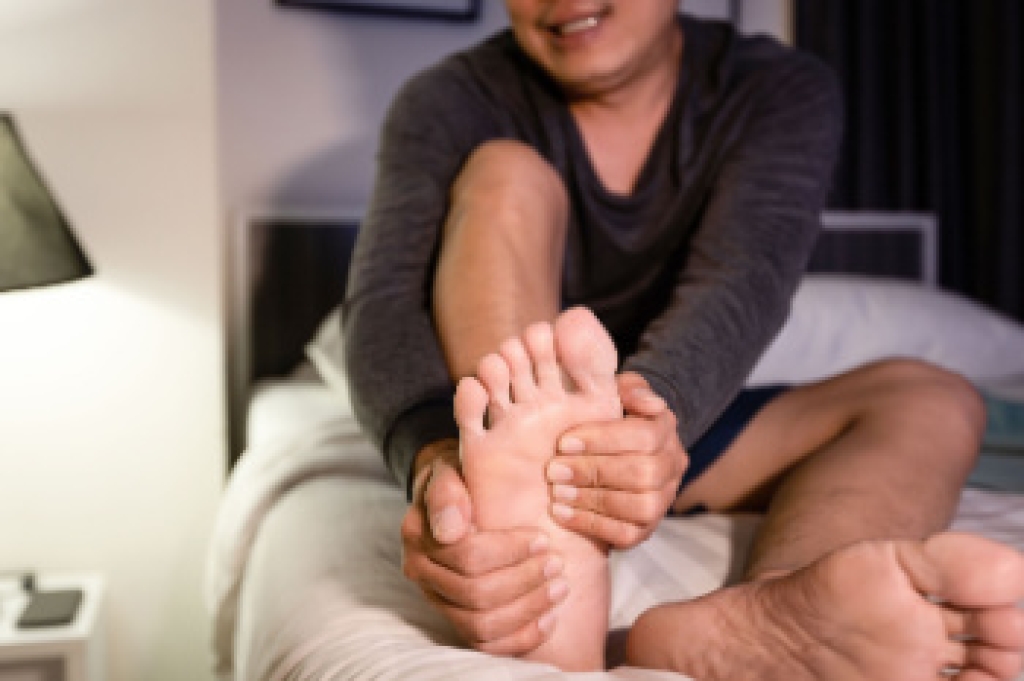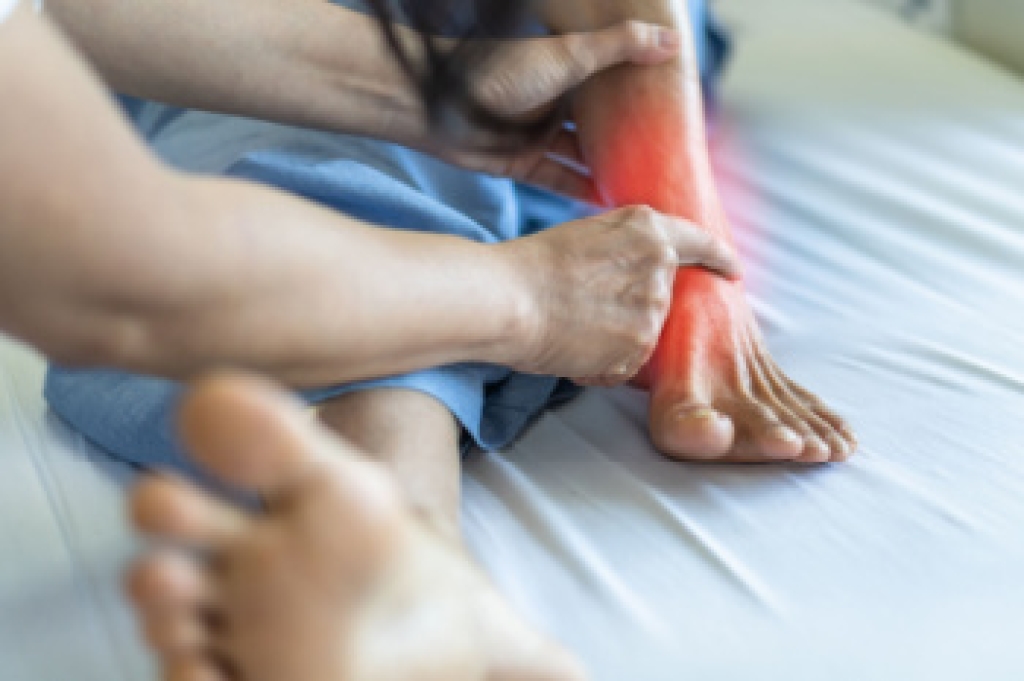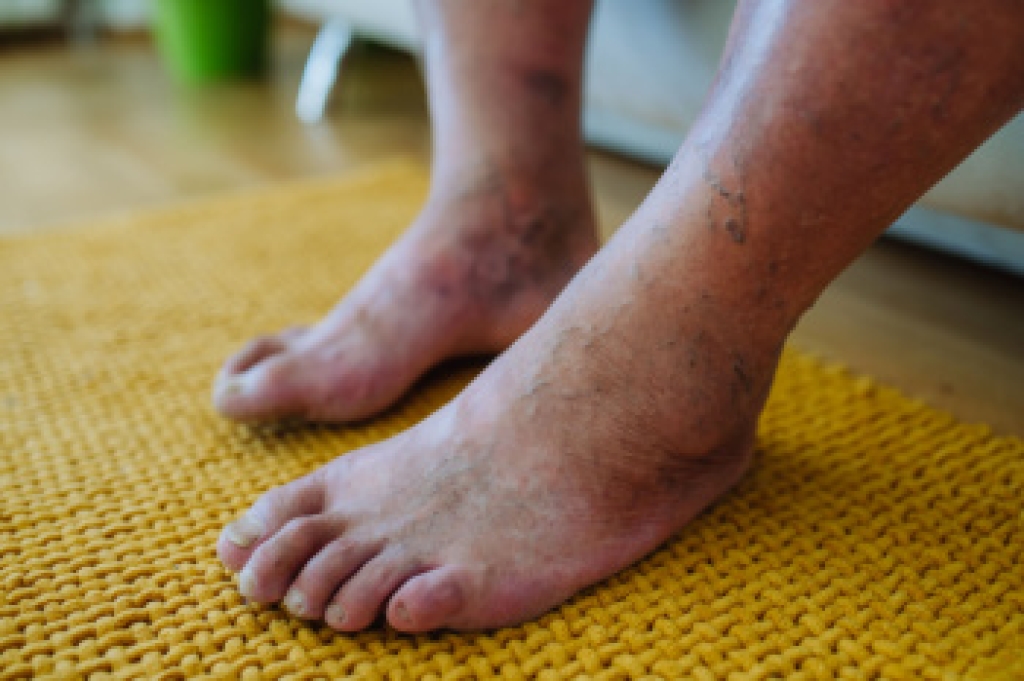
Hiking boots and hiking shoes differ in ways that directly affect foot support, comfort, and protection on the trail. Hiking shoes are typically low-cut and lightweight. They offer flexibility and breathability for shorter hikes on even terrain. Their soles provide moderate traction and cushioning, making them a practical choice for day hikes in warm, dry weather. In contrast, hiking boots are built for rugged trails and extended treks. They have a higher cut to support the ankles, deeper tread for grip on uneven ground, and reinforced materials that shield the foot from impact. The midsoles of hiking boots are denser and more structured, which .helps reduce fatigue and improve control. A podiatrist can assess your gait, arch type, and injury history to recommend the best shoe option for your needs. If you are experiencing foot pain after hiking, it is suggested that you schedule an appointment with a podiatrist for a diagnosis and guidance on appropriate footwear.
Ankle and foot injuries are common among athletes and in many sports. They can be caused by several problems and may be potentially serious. If you are feeling pain or think you were injured in a sporting event or when exercising, consult with Kevin Powers, DPM from The Center for Lower Extremity Nerve Surgery. Our doctor will assess your condition and provide you with quality foot and ankle treatment.
Common Injuries
The most common injuries that occur in sporting activities include:
- Achilles Tendonitis
- Achilles Tendon Rupture
- Ankle Sprains
- Broken Foot
- Plantar Fasciitis
- Stress Fractures
- Turf Toe
Symptoms
Symptoms vary depending upon the injury and in some cases, there may be no symptoms at all. However, in most cases, some form of symptom is experienced. Pain, aching, burning, bruising, tenderness, tightness or stiffness, sensation loss, difficulty moving, and swelling are the most common symptoms.
Treatment
Just as symptoms vary depending upon the injury, so do treatment options. A common treatment method is known as the RICE method. This method involves rest, applying ice, compression and elevating the afflicted foot or ankle. If the injury appears to be more serious, surgery might be required, such as arthroscopic or reconstructive surgery. Lastly, rehabilitation or therapy might be needed to gain full functionality in the afflicted area. Any discomfort experienced by an athlete must be evaluated by a licensed, reputable medical professional.
If you have any questions please contact our offices located in Indianapolis and Bloomington, IN . We offer the newest diagnostic and treatment technologies for all your foot and ankle needs.




